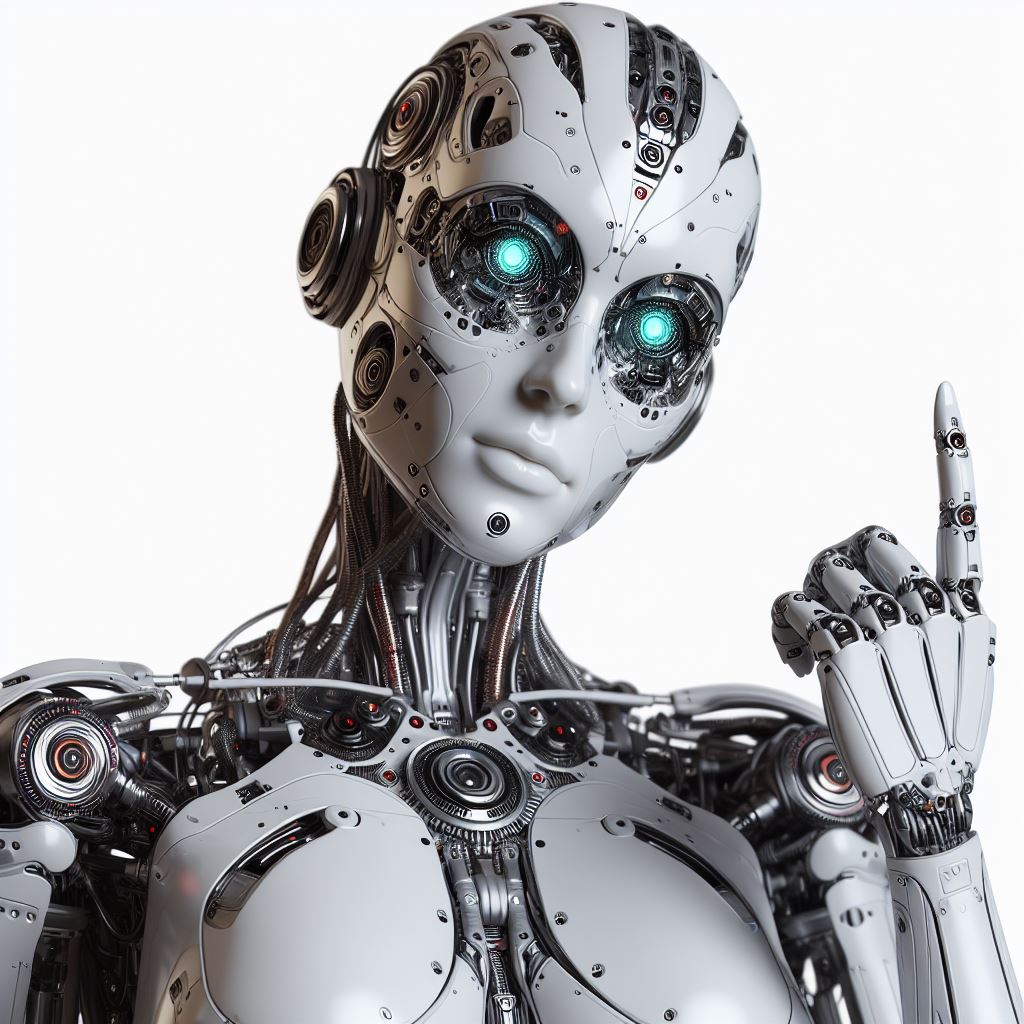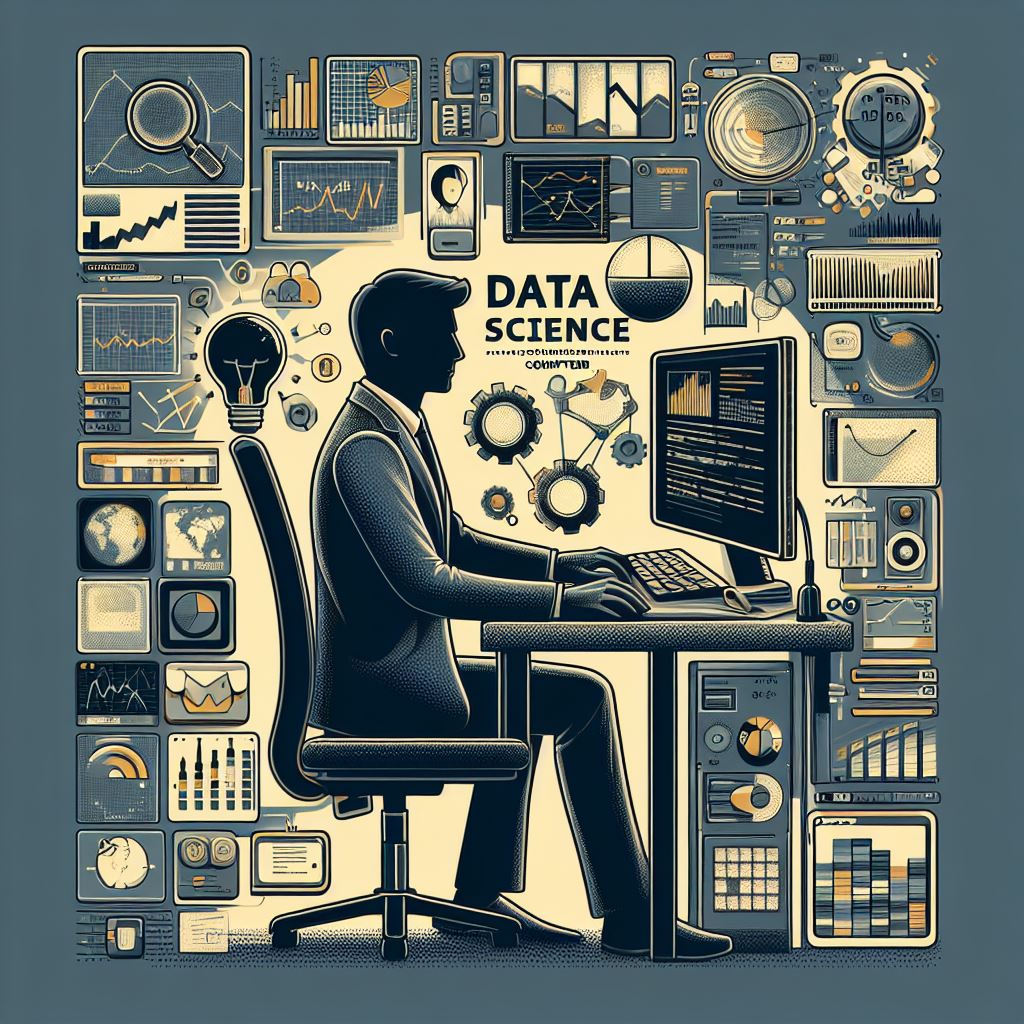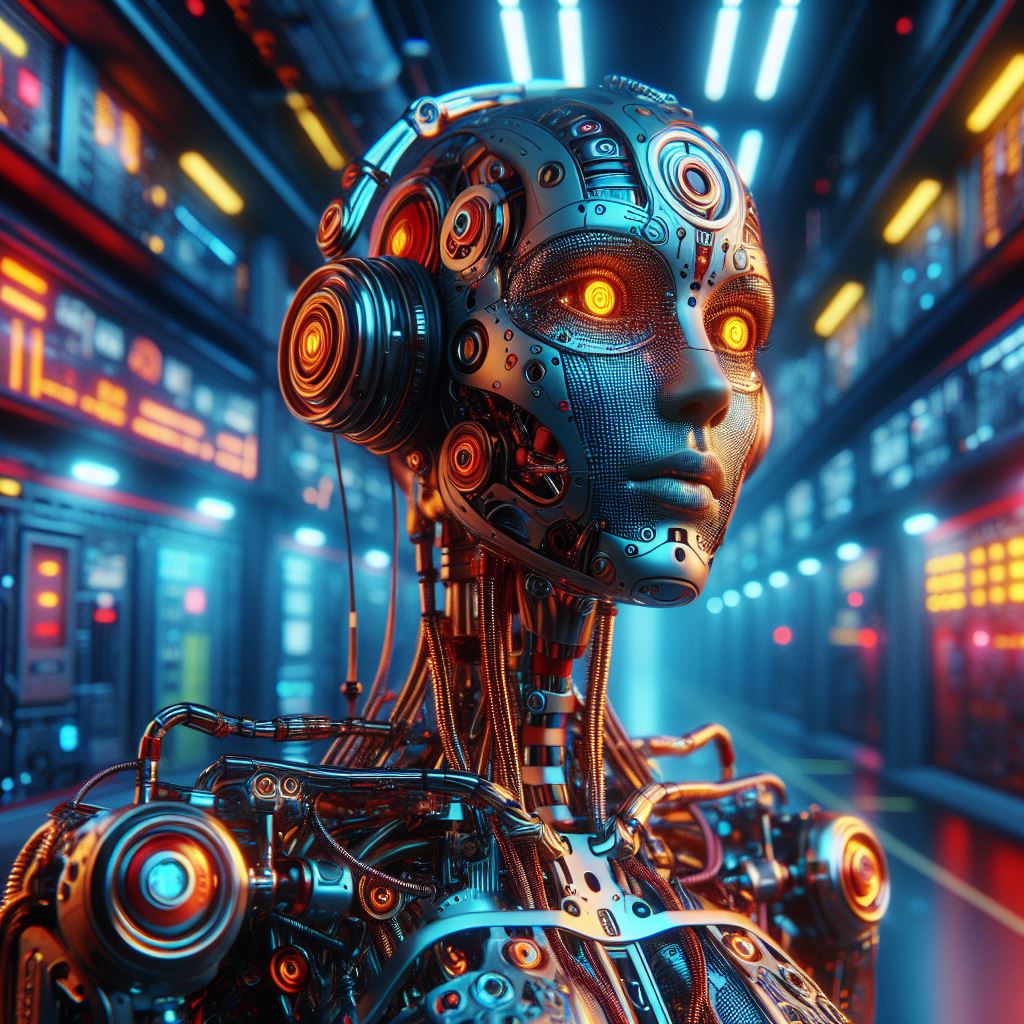Machine learning (ML) has become a game-changer in many industries, and healthcare is no exception. With its ability to process vast amounts of data, learn from patterns, and make predictions, ML is revolutionizing healthcare by improving diagnosis, treatment, and patient care. In this article, we will explore some of the most promising applications of machine learning in healthcare and how they are shaping the future of medicine.
One of the most significant applications of machine learning in healthcare is in medical imaging. ML algorithms, particularly deep learning, have shown incredible potential in analyzing medical images such as X-rays, CT scans, and MRIs. These algorithms can detect early signs of diseases like cancer, cardiovascular conditions, and neurological disorders. By automating image analysis, healthcare providers can improve the accuracy and speed of diagnosis, leading to earlier interventions and better outcomes for patients.
Another important application is in predictive analytics. Machine learning models can analyze historical patient data, such as medical records, lab results, and lifestyle factors, to predict future health risks. For example, ML can identify patients at high risk of developing chronic conditions like diabetes, hypertension, or heart disease. Early identification allows for preventive measures to be taken, potentially saving lives and reducing healthcare costs.
Personalized medicine is another area where machine learning is making a significant impact. By analyzing genetic data and other patient-specific information, ML algorithms can help doctors create customized treatment plans that are tailored to the individual’s unique needs. This personalized approach ensures that patients receive the most effective treatments, minimizing side effects and improving overall outcomes.
ML is also enhancing the development of drug discovery. Traditional drug development is a long and costly process, but machine learning can speed up this process by identifying potential drug candidates more efficiently. ML models can analyze vast chemical databases and predict how certain compounds might interact with specific diseases. This can significantly reduce the time it takes to bring new medications to market and improve the chances of discovering breakthrough therapies.
Additionally, natural language processing (NLP) is being used to extract valuable insights from unstructured data, such as doctors’ notes and medical literature. NLP algorithms can read and interpret large volumes of text, helping healthcare professionals gain insights that would otherwise be difficult to obtain. This can improve decision-making, streamline administrative processes, and enhance the overall efficiency of healthcare systems.
While the potential benefits of machine learning in healthcare are vast, there are challenges to overcome. Data privacy and security are major concerns, as healthcare data is sensitive and must be protected from unauthorized access. Furthermore, ML algorithms must be trained on high-quality, diverse data to ensure that they make accurate and unbiased predictions. The healthcare industry must also address the issue of regulatory approval for AI-driven medical devices and software.
Despite these challenges, the future of machine learning in healthcare is promising. As technology continues to evolve, ML will play an increasingly important role in enhancing patient care, improving operational efficiencies, and accelerating medical breakthroughs. By harnessing the power of machine learning, the healthcare industry can deliver better outcomes for patients, optimize treatment protocols, and ultimately save lives.


